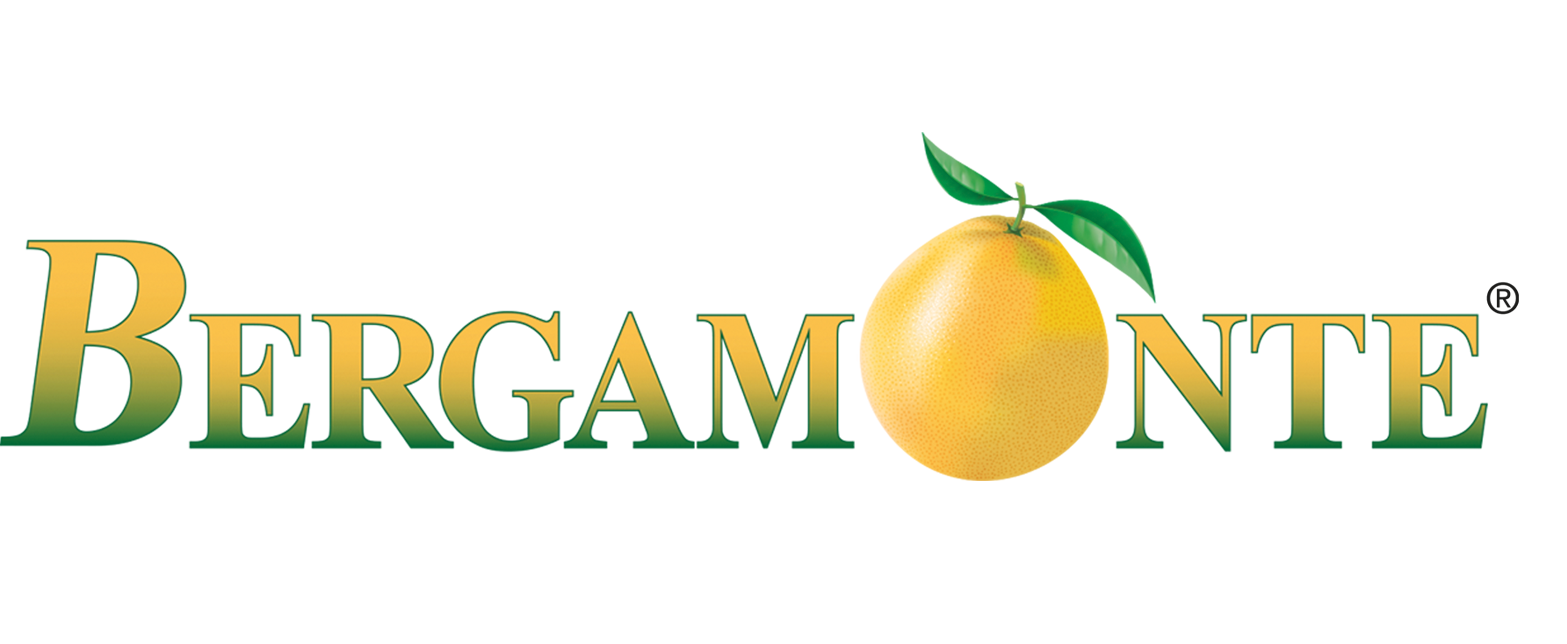The beauty of the dietary supplement industry is that it continues to expand with ingredients that are sold for supporting health and wellness. But, sometimes, this is also the ugly side. There are some natural compounds that are not as beneficial as once thought.
As some examples: kratom, an herb initially sold for natural relaxation, also found to incite aggression; and ephedra, once sold for energy, found to contribute to arrhythmia.
Red yeast rice, once the darling of natural cholesterol support, is a supplement that also has a dark side.
While red yeast rice has been shown in studies to help manage cholesterol, especially those RYR supplements with high levels of monacolin K, there have also been side effect reported, such as abdominal discomfort, gas/heartburn, headache and dizziness.
Further, cautioned the National Institutes of Health, “The same types of side effects that can occur in patients taking lovastatin as a drug can also occur in patients who take red yeast rice products that contain monacolin K. Potential side effects include myopathy (muscle symptoms such as pain and weakness), rhabdomyolysis (a condition in which muscle fibers break down, releasing substances into the bloodstream that can harm the kidneys), and liver toxicity. Each of these three side effects has been reported in people who were taking red yeast rice.
In 2018, the European Food Safety Authority’s Panel on Food Additives and Nutrient Sources added to Food (ANS) concluded that exposure to monacolin K from RYR could lead to severe adverse effects on musculoskeletal system, including rhabdomyolysis, and on the liver.
There is a natural botanical ingredient that can help not only support a healthy cholesterol profile but also more cardiometabolic factors – and there are no reported side effects. Bergamonte® (bergamot polyphenolic fraction) is a citrus ingredient with powerful cardiometabolic properties.
Bergamonte® polyphenolic fraction has a unique profile of flavonoid and glycosides, such as neoeriocitrin, neohesperidin, naringin, rutin, neodesmin, rhoifolin and poncirin. Naringin have been shown to be beneficial in animal models of atherosclerosis, while neoeriocitrin and rutin have been found to exhibit a strong capacity to prevent LDL from oxidation. Importantly, bergamot juice is rich in brutieridine and melitidine with an ability to inhibit HMG-CoA reductase.
Bergamonte® Shown Superior to RYR in New Study
In a newly published study (published in Nutrients) building on a portfolio of previously published studies, Bergamonte® bergamot polyphenolic fractions have been pitted against the controversial but once popular red yeast rice (RYR) to discern lipid profile impact.
In the new study published in Nutrients, Mollace et al compared the effects of RYR with those produced by bergamot polyphenolic fraction (BPF), a well-known natural extract proven to be effective in lowering both serum cholesterol and triglycerides in subjects consuming a hyperlipidemic diet. BPF at doses of 10 mg/Kg were orally administered for 30 consecutive days, was shown to counteract the elevation of both serum LDL cholesterol (LDL-C) and triglycerides induced by the hyperlipidemic diet, an effect which was accompanied by significant reductions of malondialdehyde (MDA) and glutathione peroxidase serum levels, two biomarkers of oxidative stress.
Additionally, BPF activity increased HDL cholesterol (HDL-C) levels and significantly reduced proprotein convertase subtilisin/kexin type 9 (PCSK9) levels which were found increased in hyperlipidemic subjects.
In contrast, RYR at doses of 1 and 3 mg/Kg produced only significant reduction of LDL-C with very poor effects on triglycerides, HDL-C, glutathione peroxidase, MDA and PCSK9 expression. According to the study authors, “This indicates that while BPF and RYR both produce serum cholesterol-lowering benefits, BPF produces additional effects on triglycerides and HDL cholesterol compared to RYR at the doses used throughout the study. These additional effects of BPF appear to be related to the reduction of PCSK9 expression and to the antioxidant properties of this extract
compared to RYR, thereby suggesting a more complete protection from cardiometabolic risk.”
Why This Study Matters
According to a report in Circulation, in 2015–2018, nearly 12% of adults 20 and older had total cholesterol higher than 240 mg/dL, and about 17% had high-density lipoprotein cholesterol levels less than 40 mg/dL. Nearly 94 million U.S. adults 20 or older have total cholesterol levels higher than 200 mg/dL. Approximately 28 million adults in the United States have total cholesterol levels higher than 240 mg/dL.
“This new study underscores the cardiometabolic multi-tasking ability of bergamot polyphenolic fractions,” said Annie Eng, CEO, HP Ingredients. “Considering how red yeast rice is greatly limited in scope of action and is not recommended by the EFSA, Bergamonte® is in a powerful position to dominate the heart health supplement sector.”


